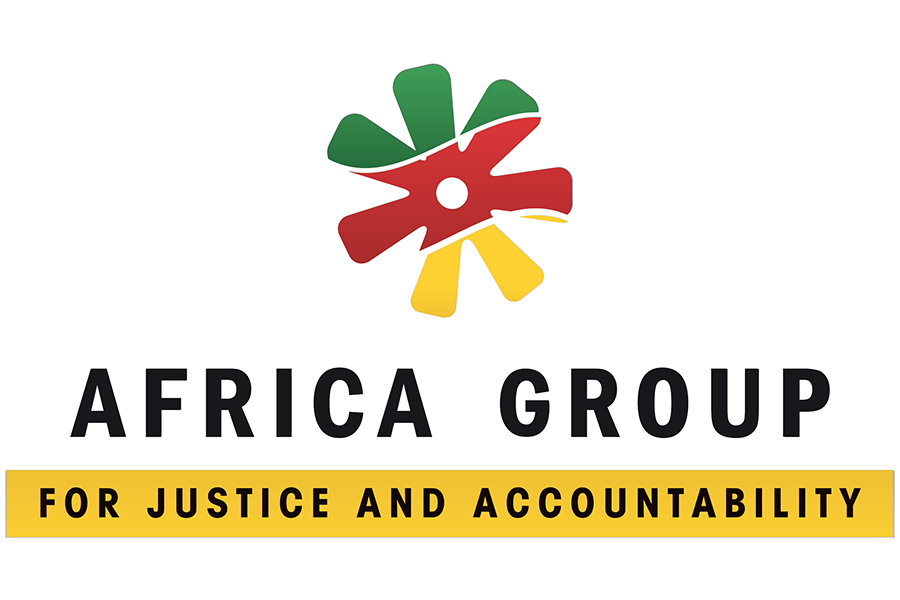The Africa Group for Justice and Accountability Welcomes New Administration in The Gambia
The Africa Group for Justice and Accountability (AGJA) welcomes the peaceful transition of power in The Gambia and the assumption of office of President Adama Barrow. The AGJA commends the efforts of all relevant actors, particularly neighbouring West African states and ECOWAS, for their role in ensuring that the democratic will of the Gambian people was respected and that the rule of law was upheld. Last-minute mediation efforts led by Guinean President Alpha Condé and Mauritanian President Ould Abdel Aziz proved successful in resolving tensions peacefully.
This is a momentous and historical day for the people of The Gambia. In combination with the unwavering will of Gambians, the mediation efforts of West African states, at the very highest level, has ensured the country’s first peaceful transition of power since the end of colonial rule.
As stated in our statement of 8 December 2016, the AGJA also welcomes the pledge of President Barrow to keep The Gambia a member of the International Criminal Court (ICC). The AGJA further welcomes President Barrow’s decision to create a truth and reconciliation commission to examine alleged crimes and human rights abuses perpetrated during the rule of former President Yahya Jammeh.
We stand in solidarity with the Gambian people and are prepared to offer any and all assistance and advice on matters of justice and accountability. We welcome The Gambia’s continued commitment to the International Criminal Court and look forward to the new government’s plan on transitional justice and reconciliation.
In line with its Kilimanjaro Principles for Justice and Accountability, the AGJA continues to offer its expertise, mediation and facilitation to all African states, regional organisations, and other relevant actors.
The members of the Africa Group for Justice and Accountability:
- Dapo Akande (Nigeria)
Professor of Public International Law, University of Oxford - Femi Falana (Nigeria)
Human rights activist and lawyer - Hassan Bubacar Jallow (Gambia)
Former Prosecutor at the International Criminal Tribunal for Rwanda and International Residual Mechanism for Criminal Tribunals - Richard Goldstone (South Africa)
Former Chief Prosecutor of the United Nations International Criminal Tribunal for Rwanda and the former Yugoslavia - Tiyanjana Maluwa (Malawi)
H. Laddie Montague Chair in Law, Pennsylvania State University School of Law - Athaliah Molokomme (Botswana)
Attorney General of Botswana - Betty Kaari Murungi (Kenya)
Independent Consultant on Human Rights and Transitional Justice - Mohamed Chande Othman (Tanzania)
Chief Justice of Tanzania - Navi Pillay (South Africa)
Former UN High Commissioner for Human Rights - Catherine Samba-Panza (Central African Republic)
Former Transitional President of the Central African Republic - Fatiha Serour (Algeria)
Director of Serour Associates for Inclusion and Equity - Abdul Tejan-Cole (Sierra Leone)
Executive Director of the Open Society Initiative for West Africa


